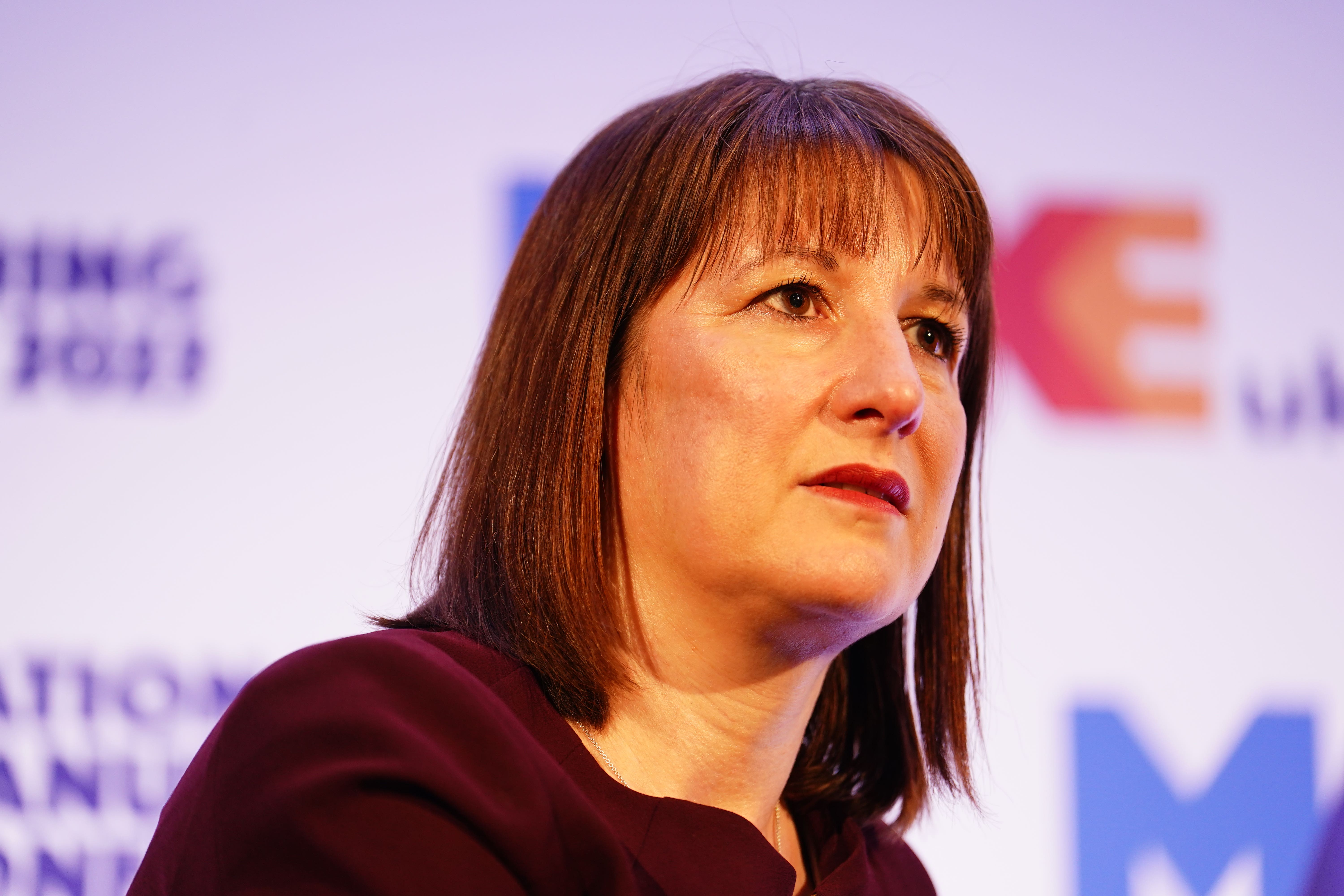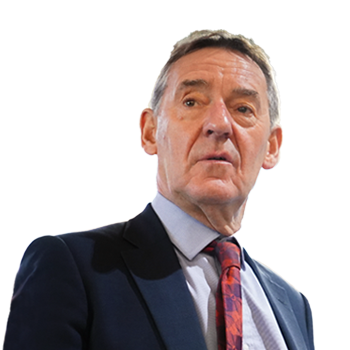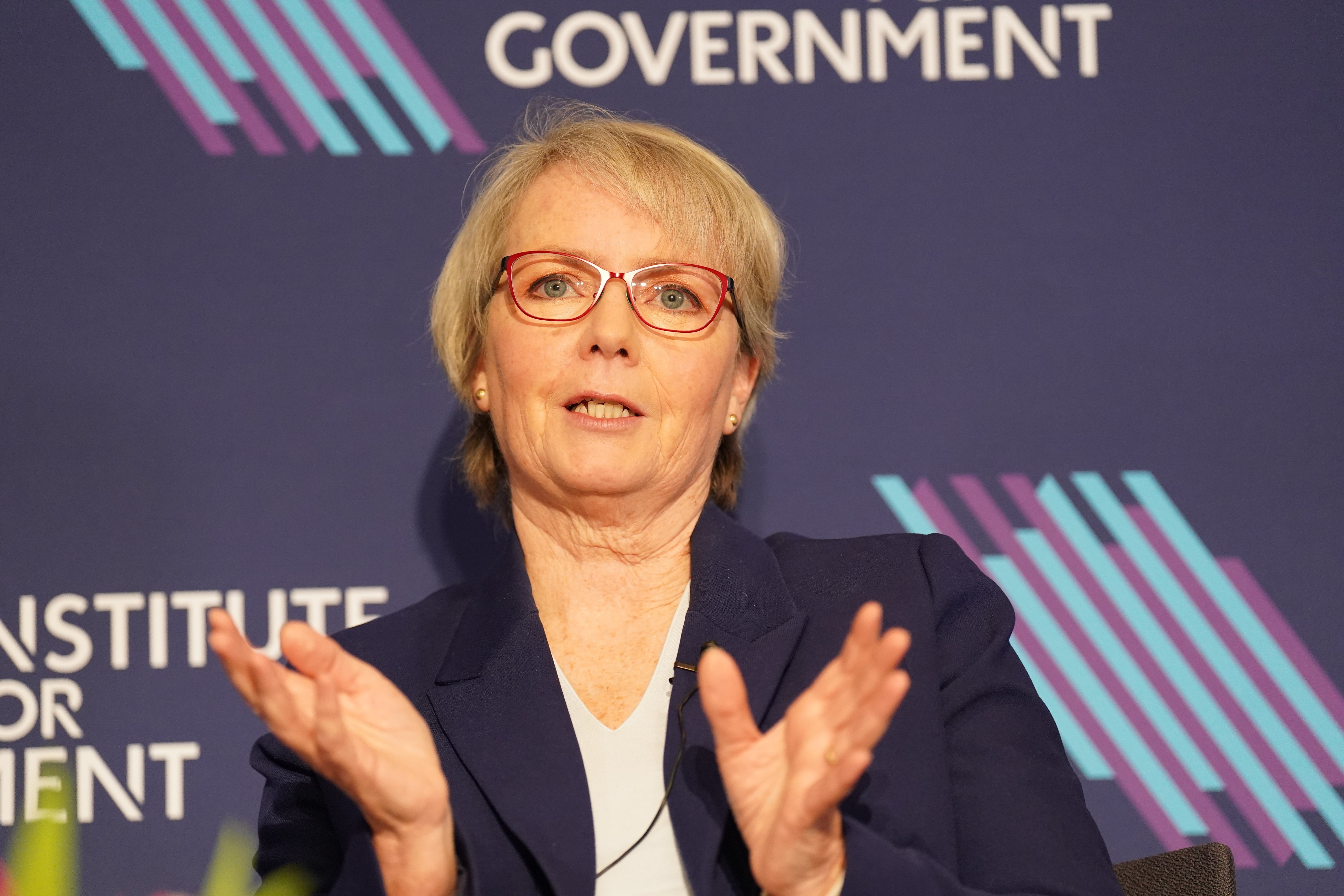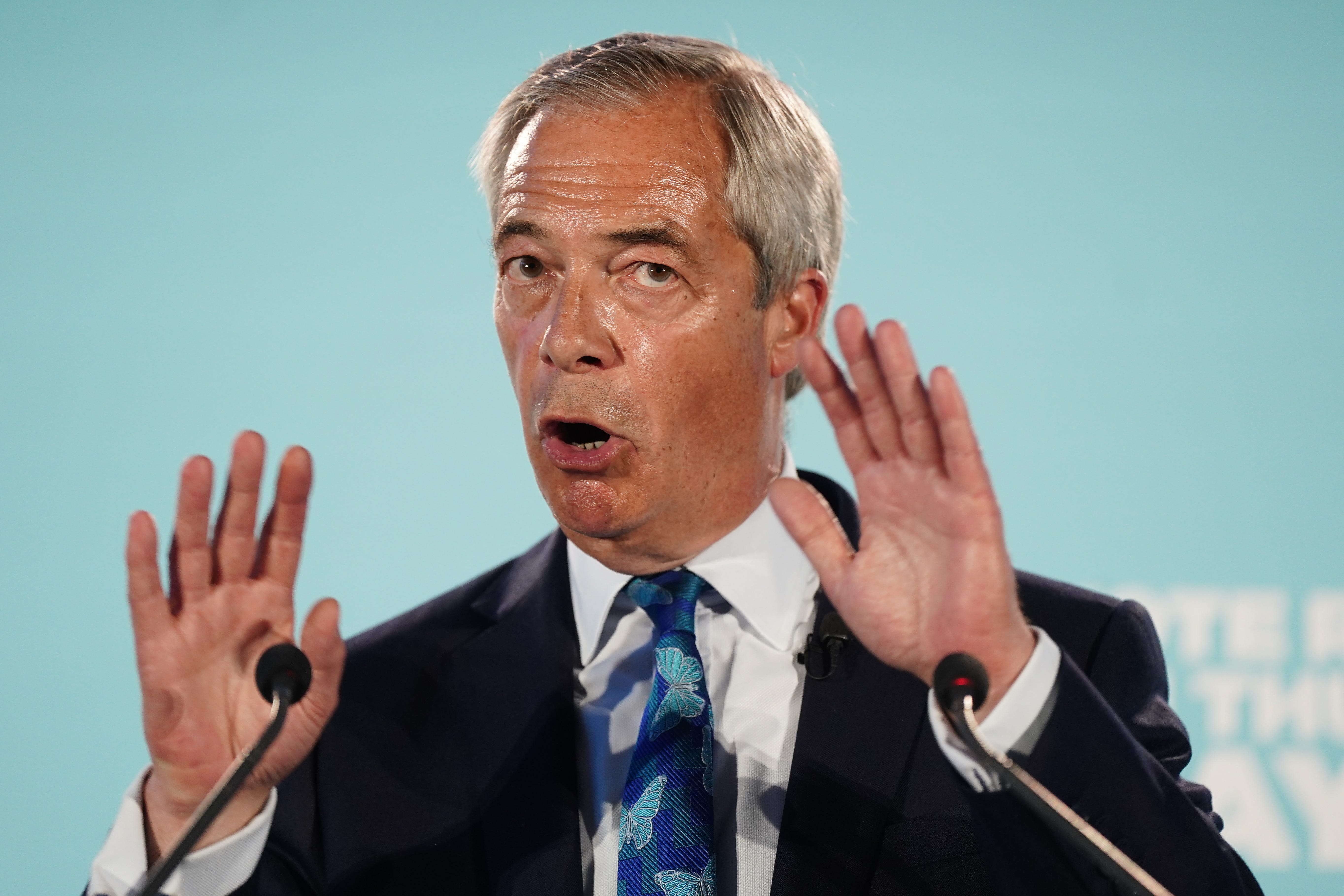Rachel Reeves should invest extra money in economic growth, not spend it on U-turns, former adviser warns
Exclusive: Call from former Treasury minister Jim O’Neill will pile pressure on chancellor and PM amid demands for hat-trick of U-turns on winter fuel allowance, two-child benefit cap and disability payments
Rachel Reeves should use any extra money in the Budget to invest in projects – such as major rail schemes – that could help drive economic growth, rather than funding policy U-turns, a former adviser has said.
As the chancellor scrabbles to find billions to fund a potential hat-trick of benefit U-turns, Jim O’Neill, a former Treasury minister who quit the Conservatives and later advised Ms Reeves, told The Independent that moves to fund policy reversals are driven “by the politics” of the situation.
“I would like to see any money available in [next month’s] spending review or the Budget to be spent on positive multiplier investments,” he said. These are projects that generate multiple pounds for the economy for every £1 spent.
This would include the Northern Powerhouse Rail scheme, Lord O’Neill said, which is designed to link major cities in the North following the revelation that it takes longer to travel between them than it does to get to Paris.

The call from the crossbench peer will pile pressure on the chancellor and the prime minister to resist prioritising U-turns at the expense of economic growth.
Ms Reeves and Sir Keir Starmer have pledged to make growing the economy their top priority. Since they entered office, the country’s finances have struggled. However, unexpectedly good GDP figures this week mean that Labour has potentially bought itself more wriggle room.
Announcing a partial U-turn on fuel bill payments for pensioners, the prime minister said he wanted to look at widening eligibility “as the economy improves”.
But Ms Reeves is under increasing pressure to find up to £5bn for pensioners’ fuel bills, and to scrap the two-child benefit cap, which has been hated by many Labour MPs since it was brought in by the Tory chancellor George Osborne as one of his “austerity” policies.
To add to her woes, moves designed to slash billions from the welfare bill could also have to be watered down in the face of a backbench revolt among her own MPs.

Next month, the chancellor is due to set out her spending review, which allocates funding to government departments for the next few years. It is expected to include £113bn for capital projects that the government hopes will transform the country’s housing and infrastructure.
Asked about the “positive multiplier investments” that could benefit the economy, Lord O’Neill said: “The point of Nista [the National Infrastructure and Service Transformation Authority] and [the government’s] infrastructure strategy is for them to show which ones. But my personal clear favourite, and I’m pretty sure it would pass the Nista sniff test, is Northern Powerhouse Rail.”

On Monday, health minister Karin Smyth said the government was “listening” to calls for it to reverse some of its policies.
She told BBC Radio 5 live: “The chancellor and the Treasury will have to review all of these in light of the key mission, which is to grow the economy and maintain economic stability. We know government is hard, and I think listening, looking at policies, how they impact, weighing up those costs and benefits, is exactly the right thing to do.”
But Labour MP Stella Creasy said lifting the two-child limit would take “350,000 children out of poverty overnight”.
It emerged on Friday that the government’s flagship child poverty strategy, which was due to be published in the spring, is now set to arrive in the autumn in time for the chancellor’s Budget.
Meanwhile, the PM is reported to be considering “tweaks” to plans to slash £5bn from the welfare bill, amid a threated backbench revolt. Benefit claimants could be given longer “transitional periods” during which they could apply for other benefits, according to The Times.
Peter Lamb, the Labour MP for Crawley, told BBC Radio 4’s Westminster Hour he would be “voting against anything which is going to restrict access to PIP (the personal independence payment some disabled people receive] further than it’s currently restricted”.

The row comes as Reform UK leader Nigel Farage is expected this week to commit his party to restoring the winter fuel payment in full and scrapping the two-child benefit cap, as he attempts to woo Labour’s traditional working-class voters.
There has also been confusion over when a U-turn on winter fuel would happen.
Asked on Sunday with Laura Kuenssberg about whether the cap would be abolished, Labour’s deputy leader Angela Rayner refused to be drawn on the reports. “I’m not going to speculate on what our government is going to do,” she said.
A Treasury spokesperson said: “We don’t comment on speculation about the Spending Review process. Our number one mission remains putting more money into people’s pockets through our Plan for Change — and we know that many people are still struggling with the cost of living, including pensioners.
“As the economy recovers, we want more people to feel the benefits of that in their everyday lives. That’s why we would like to expand the number of pensioners who are eligible for the Winter Fuel Payment when possible.”
Join our commenting forum
Join thought-provoking conversations, follow other Independent readers and see their replies
Comments